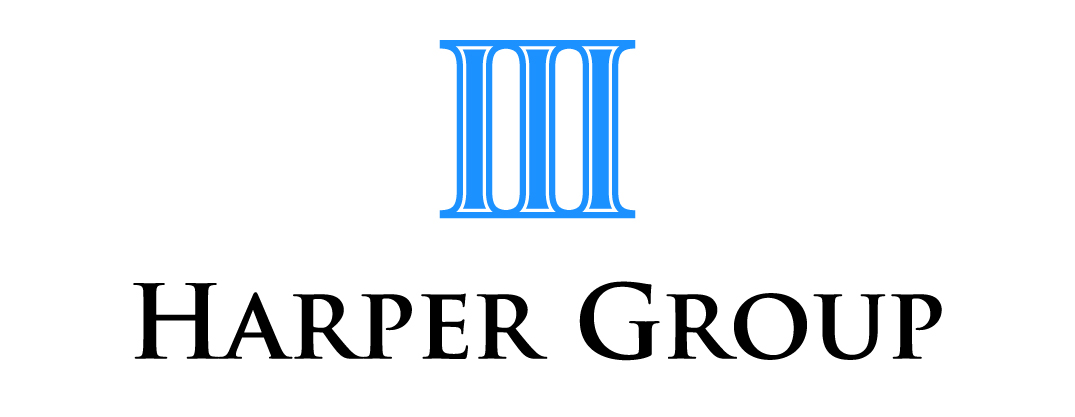CGT retirement exemption where gain is made by a company or trust
Applying the “Retirement Exemption” in the CGT Small Business Concessions can be quite difficult – particularly where a company or trust makes the capital gain and the exemption is sought to be applied for the benefit of individual shareholders in the company or beneficiaries in the trust.
In this case, the rules in s 152-325 of the Income Tax Assessment Act 1997 the “company or trust conditions” must be followed in order for the benefit of the concession to be passed on to such persons.
Among other things, these rules require you to first apply the CGT discount to a capital gain made by a trust (noting that a company is not entitled to the discount), then to choose the amount of remaining gain for which the exemption is sought and, above all, to identify the CGT concession stakeholder/s in the company or trust - as only such persons can obtain the benefit of the exemption.
In relation to this latter requirement, such a person is an individual who has an interest in the company or trust of 20% or more - and their spouse provided the spouse has an interest in the company or trust of more than zero.
And whether this test is met will depend on if the taxpayer is a company or a fixed or discretionary trust. These rules can be quite complicated – and definitely need the expertise of a professional adviser.
Moreover, in the case of a discretionary or family trust, action can usually be taken in the relevant year of income to make someone a CGT concession stakeholder to meet this requirement.
There is also the key requirement to make a relevant payment to the identified CGT concession stakeholder or stakeholders in the required timeframe
– which will depend on, among other things, how the capital gain arose.
Finally, there is the crucial matter that if the CGT concession stakeholder is aged less than 55 just before the payment is to be made in relation to them, then the company or trust must contribute it to a complying superannuation fund or an RSA on behalf of the stakeholder. Otherwise, the amount can be paid directly to the concession-stakeholder without any CGT consequences.
But again there are steps that can be taken to bring about the optimal result for the taxpayer in regard to this issue – depending on the circumstances.
So, in short, the ability to “sheet home” the benefits of the CGT retirement exemption to the individual stakeholders in a company or trust that made the gain is one that requires the expertise of a professional – if only because appropriate action can be taken to maximise the benefit of the exemption.
Harper Group Pty Ltd – Chartered Accountants Frankston - Ph 9770 1547
Disclaimer: All information provided in this article is of a general nature only and is not personal financial or investment advice. Also, changes in legislation may occur frequently. We recommend that our formal advice be obtained before acting on the basis of this information.
Please note we at Harper Group Pty Ltd are not licensed to provide financial product advice under the Corporations Act 2001 (Cth) and taxation is only one of the matters that must be considered when making a decision on a financial product, including on whether to make superannuation contributions. You should consider taking advice from the holder of an Australian financial services licence before making a decision on a financial product.
